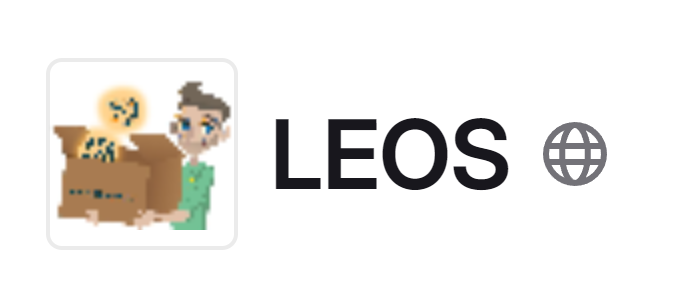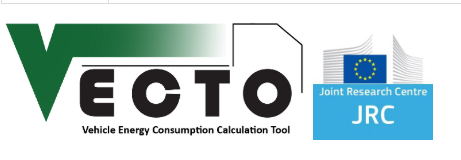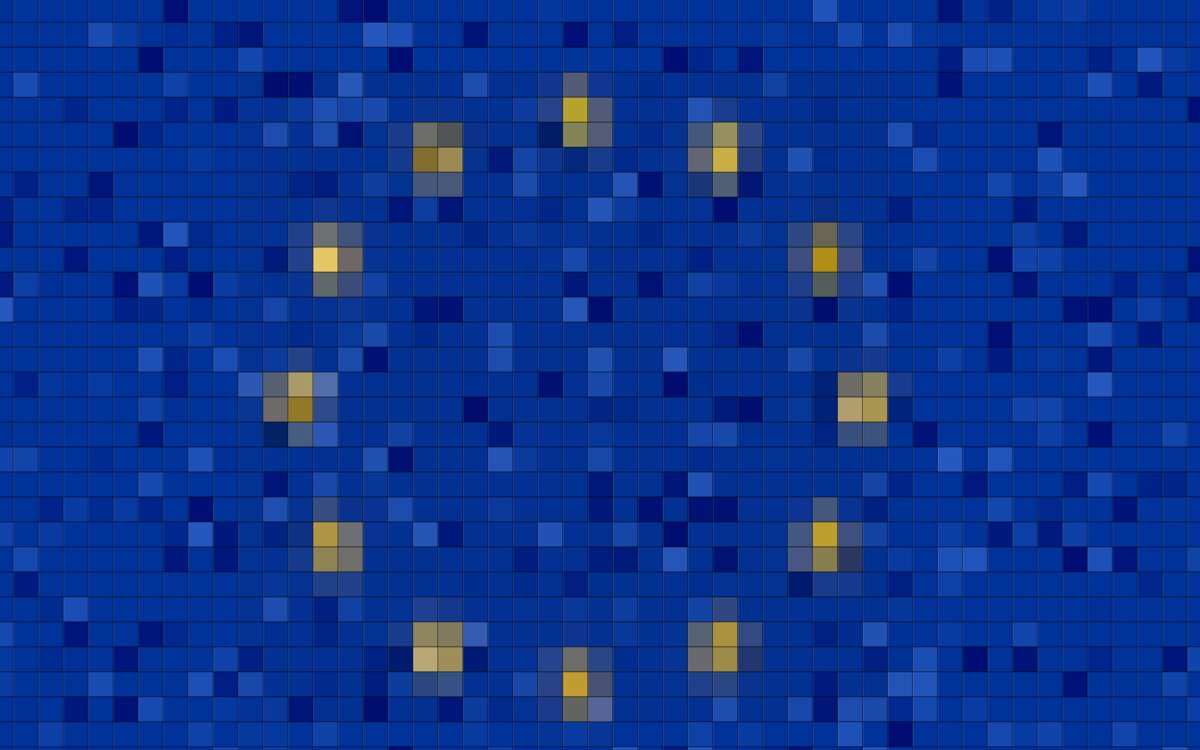
About code.europa.eu
This is the European Commission's platform for open source collaboration, managed by the Open Source Programme Office (EC OSPO).
Established in 2020, EC OSPO was the first major initiative under the Open Source Software Strategy (2020-2023), designed to accelerate digital transformation within the EU.
A living ecosystem where EU institutions, developers, and organisations collaborate to build software powering Europe’s digital future.
News
See more news...Explore Our Projects




Our Principles
Frequently Asked Questions
Once validated, you can access the platform's full features.
The service is free of charge and the only condition to be met is
the project needs to be compliant with
terms and conditions
and
code of conduct.
Only software development teams in EU Institutions can create projects.
Public projects are allowed, but private projects require administrator approval.
The road to become contributor or owner of open source project is easy
To get onboarded, first register through the EU Login Portal and verify your account. Once approved, you can access projects, collaborate with teams, and contribute to open source initiatives within the European Union
They can contact project teams and register through the EU Login portal.
After registering, external developers can contribute based on project guidelines.
Projects must protect data and use security tools.
Secrets should be securely managed, and GitLab's Ultimate features assist with vulnerability analysis.
Users must report vulnerabilities to the European Commission.
Follow the official policy guidelines to ensure responsible disclosure.
Service has defined its Code of conduct
It's also aligned with European Commission Policy.
Reach out to EC OSPO or the DIGIT communication team.
For media inquiries, direct your questions to the DIGIT communication office.





